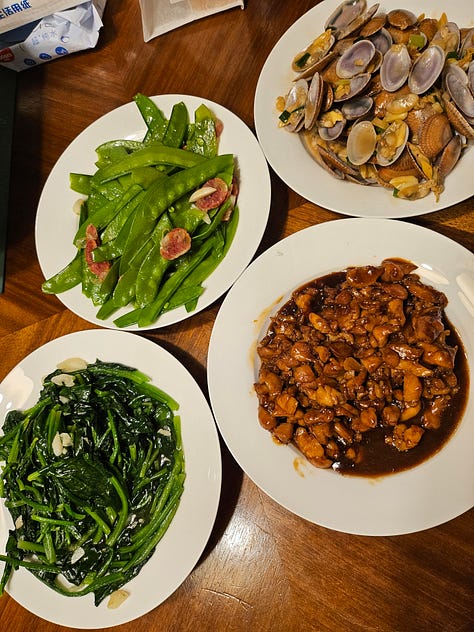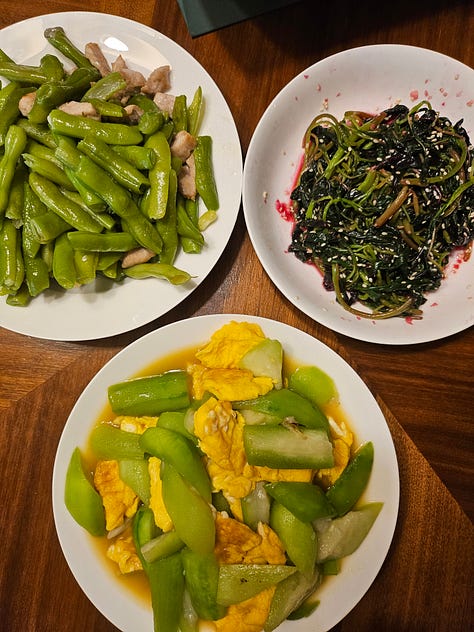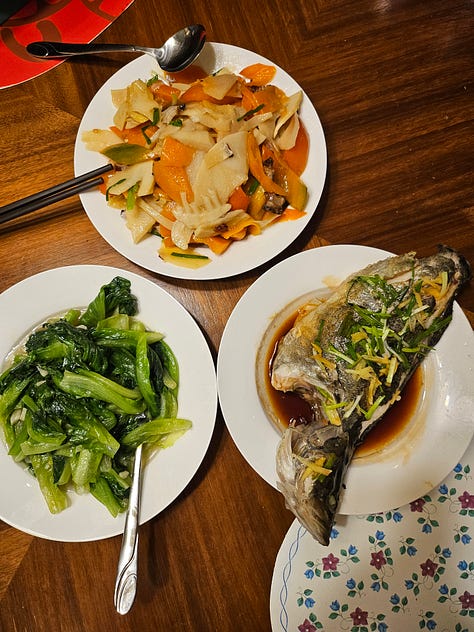Learning Journey: Relationship Between Water Retention and Nutrition
Insights from a Health & Wellness Coach
As a health and wellness coach, I’m always learning. Every client conversation invites me to research more, dig deeper, and expand what I know. What I love most about this work is that I get to grow alongside the people I’m here to support.
I’m just beginning to collect insights worth sharing and I know this collection will evolve as I continue to learn. Below, you’ll find questions I’ve explored with the help of AI, along with cited and sourced answers.
My hope is that these findings support you on your wellness journey, just as they’ve guided me and my clients on ours.
Relationship Between Water Retention and Nutrition
Overview
Water retention, also known as fluid retention or edema, occurs when excess fluids build up inside the body. Nutrition plays a direct and significant role in regulating water retention, influencing both its causes and its management.
Key Nutritional Factors Affecting Water Retention
Sodium (Salt) Intake
High sodium intake is a leading cause of water retention. The body retains water to balance sodium levels, so consuming salty foods or processed foods high in sodium can lead to swelling and bloating[1][2][3].
Reducing sodium by avoiding processed foods and using herbs or spices instead of salt can help decrease water retention[1][3][4].
Carbohydrate Consumption
Carbohydrates are stored as glycogen in the body, and each gram of glycogen is stored with several grams of water. High-carb diets can therefore increase water retention, while cutting down on carbs can reduce it[1][3].
Replacing refined carbs with high-protein foods may help minimize water buildup[1][3].
Potassium and Magnesium
Potassium helps regulate sodium levels and supports fluid balance. Foods rich in potassium (e.g., bananas, avocados, leafy greens) can help reduce water retention[5][3].
Magnesium, found in nuts, whole grains, and leafy greens, also aids in fluid regulation and may help prevent retention[5][3].
Vitamins and Minerals
Vitamin B6 (pyridoxine) and B5 (pantothenic acid) have roles in reducing mild fluid retention. Vitamin B6 is found in foods like brown rice and red meat, while B5 is present in fresh fruits and low-fat dairy[4].
Calcium and vitamin D may also help the body excrete excess fluids, supporting overall fluid balance[4].
Fiber and Hydrating Foods
High-fiber foods (whole grains, vegetables) support digestive health and can help reduce bloating associated with water retention[3].
Foods with high water content (e.g., watermelon, citrus fruits) and natural diuretics (e.g., asparagus, celery) can promote fluid excretion[3].
Other Nutritional Considerations
Processed and Sugary Foods
Processed foods, sugary snacks, and alcohol can worsen water retention, especially when consumed in excess[2].
Balanced Diet
Maintaining a balanced diet rich in fruits, vegetables, lean proteins, and whole grains helps regulate fluid balance and minimize the risk of water retention[5][3].
Conclusion
Nutrition and water retention are closely linked. Diets high in sodium and refined carbohydrates tend to increase water retention, while diets rich in potassium, magnesium, certain vitamins, fiber, and hydrating foods can help reduce it. Adopting a balanced, nutrient-rich diet is one of the most effective ways to manage and prevent fluid retention[1][5][3][4].
1. https://www.medicalnewstoday.com/articles/320603
2. https://www.goodrx.com/well-being/diet-nutrition/foods-that-cause-water-retention
3. https://orangecountycosmeticsurgery.com/blog/dr-cruise-talks-about-foods-that-cause-water-retention/
4. https://www.betterhealth.vic.gov.au/health/conditionsandtreatments/Fluid-retention-oedema
5. https://www.healthline.com/nutrition/6-ways-to-reduce-water-retention
View the full query here with a helpful summary table.



